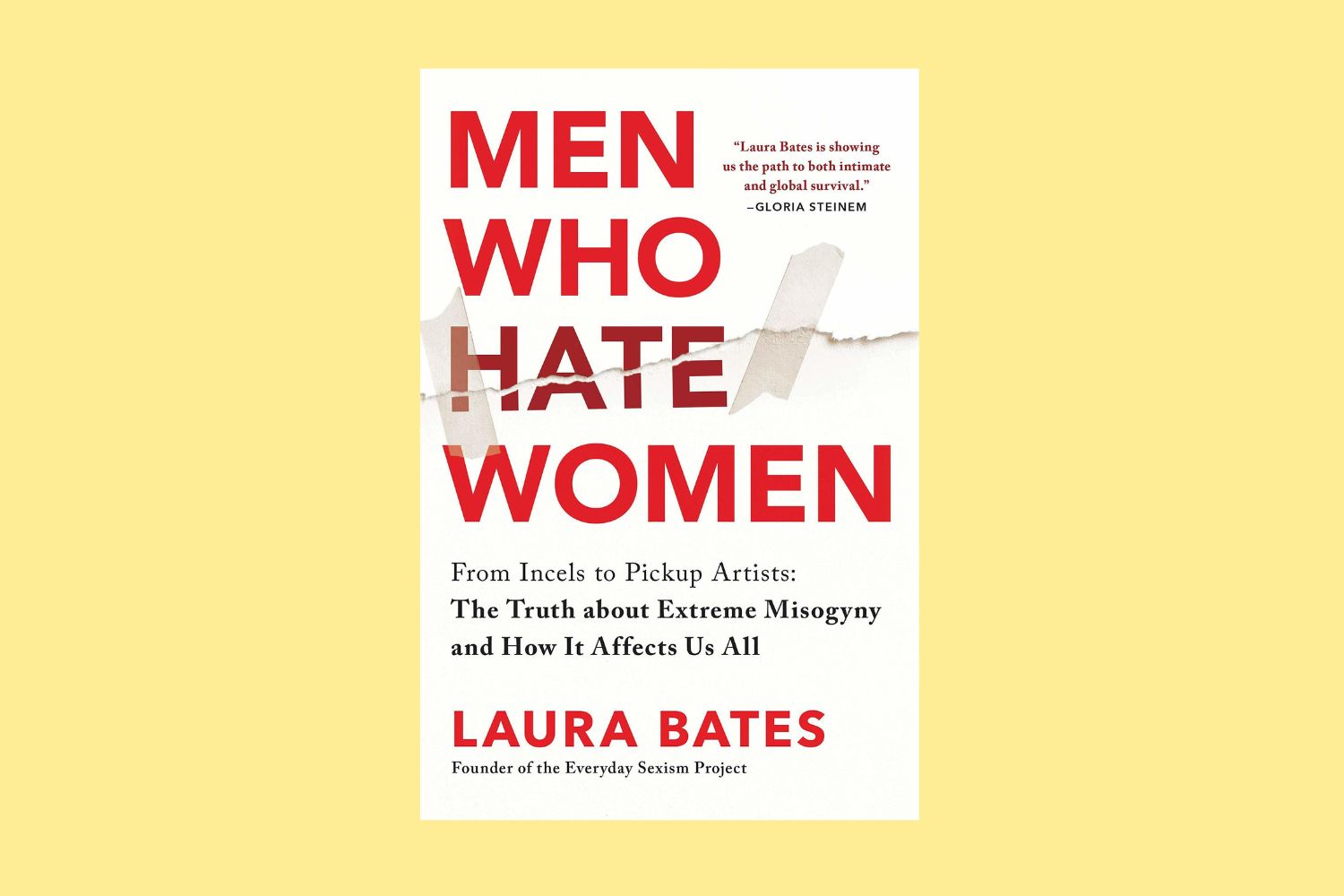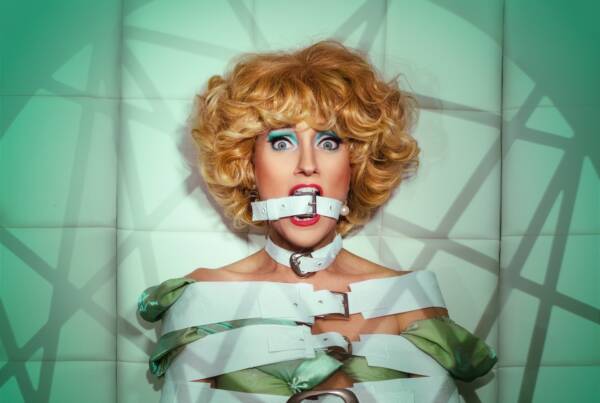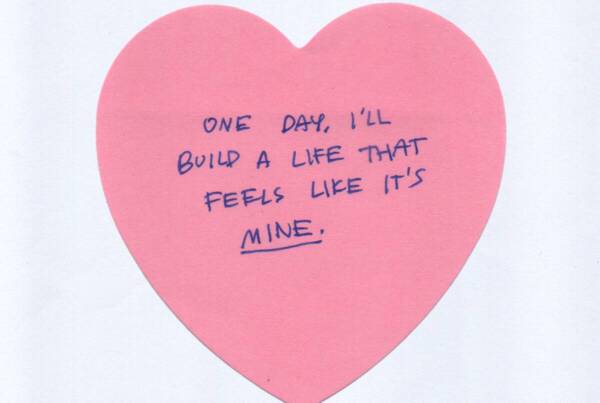Words by Ella Cigognini
CN: This piece mentions violence, abuse, rape and murder. Take care while reading.
 In her 2018 book, Men Who Hate Women: The Extremism Nobody is Talking About, Laura Bates, an activist, feminist writer and theorist, and founder of the Everyday Sexism Project, tells us what we don’t want to hear. Or at least, what we don’t want to believe is true. Here’s a completely non-exhaustive list of what I’ve learnt, and more honestly, what I’ve had to come to terms with while reading her book.
In her 2018 book, Men Who Hate Women: The Extremism Nobody is Talking About, Laura Bates, an activist, feminist writer and theorist, and founder of the Everyday Sexism Project, tells us what we don’t want to hear. Or at least, what we don’t want to believe is true. Here’s a completely non-exhaustive list of what I’ve learnt, and more honestly, what I’ve had to come to terms with while reading her book.
Incels aren’t just men who ‘can’t get laid’, they’re violent, abusive and dangerous
A common misunderstanding Bates wants to correct with her readers is terms like ‘incel’, ‘manosphere’* and ‘troll’ are not internet speak with a silly meaning. They do little to convey the malice behind them and are often misinterpreted as harmless internet personalities who could never enact real-world violence. Incels, or involuntary celibates, are a prime example of this: ‘They are the most violent corner of the so-called manosphere.’
Incels believe they are owed sex. They believe women don’t have time for them, they’re not worthy enough to be loved and that we are only looking for men of masculine means who take what they want by any means necessary. According to them, we want men who demand, degrade and abuse us.
To incels, a machismo persona gets them further than pretending to be one of the ‘good guys’, so why pretend any longer? In Chapter 1, Bates lists 14 murders and mass killings of women enacted by men across the globe from 2014 to 2020, each with strong, distinct connections to the manosphere, and known supporters of Elliot Rogers, a mass killer who uploaded a YouTube video before the attack called ‘Elliot Roger’s Retribution’. Incels are not basement trolls who write in their journals about their unluckiness in love — they are abusive, women-hating men who perpetuate and encourage acts of rape and murder.
*Manosphere: an overlapping collection of online men’s support communities that have emerged as a response to feminism, female empowerment, and the alienating forces of neoliberalism.
Men’s Rights Activists blame women more than they actually help men
One of the biggest misconceptions across the world is the goodwill and positivity that flows through Men’s Rights groups. In her chapter Men Who Blame Women, Bates clears up the differences between the men fighting for awareness on men’s mental health, and the movements they push instead. Ones that believe ‘gender equality means female domination and male subjugation’, or a world where women rule, and the very foundations that make our world a patriarchy become destabilised.
Men’s Rights Activists (MRAs) are cut from the same cloth as incels. They both hold extremist views of the placement of women in society, they both blame women for their ongoing cultural and personal grievances — incels for the lack of sexual engagements, MRAs for every problem that has a higher statistical rate than that of women. Where they differ is a veil of false care and support that MRAs hold so highly for men in their communities. The only answer to their ongoing issues is that feminists are wrong, and women are the root of every problem. Bates recalls many MRAs ‘angrily declar[ing] that dads are routinely discriminated against by family courts’, where an inherent bias against them, and a significant favouring of women, denies them access to their children. What has failed to be ongoingly recognised is ‘society’s insistence that a woman’s ‘natural’ role is in the home – that she is biologically predisposed to be the nurturer of children and unsuited to the world of work.’
I’m sure I don’t have to tell you, reader, that the above is a severe contradiction of the ideals that these supposed ‘activists’ are attempting to uphold. Even when women have been told since the beginning of time to stay home, clean up and bear children, we cannot escape the blame that falls from the frustration of men who refuse to come out anywhere but on top.
Rape and murder fantasies aren’t just fantasies
In Men Who Hate Women, Bates doesn’t give men the grace of holding back. She names the extremists who have ‘jokingly’ called for a ‘Bash a violent bitch month’, and reports on the nineteen female British MPs who stood down from politics in 2019, partly due to the abuse they suffered online. She mentions the rampant rise in doxxing*, rape threats and familial threats against prominent feminist authors, journalists and politicians across the UK. British Labour MP, Jo Cox was one of these women whose threats against her turned into reality. In 2019, she was brutally stabbed by Thomas Mair, an alt-right follower of neo-Nazi ideologies. This is just one example of the hundreds Bates mentions.
*Doxxing: to publicly identify or publish private information about (someone) especially as a form of punishment or revenge.
They are men we pass on the street
This stuck with me. It propelled me to write this piece.
Bates recalls attending a ‘Messages for Men’ conference in 2018. ‘Conference’ should be used lightly here, as Bates describes the meeting to be in a ‘grim, low-ceilinged room’ where men (and a handful of women) wearing MALE LIVES MATTER shirts traipsed about the room enjoying beers with ‘well-dressed’ men in ‘smart suits and ties’.
To us, these men look like our fathers, brothers, friends’ dads, bosses, cashiers and tradies. And they are. The keyboard warrior behind the screen posting on a Reddit thread about his long-imagined rape fantasy is not a recluse who hasn’t seen the sun for a year. He’s in our community, stacking the shelves at the supermarket or doing your tax return. He’s reposting Andrew Tate tweets and watching insidious YouTube videos from MRA Paul Elam while completing his uni assignment. They aren’t even hiding in plain sight; they simply don’t need to.
This extremism is not confined to a desktop or a singular corner of the dark web. It’s in front of our eyes and penetrating our social circles, indoctrinating young men into the sinister world of the manosphere.
It starts with men
Before I began reading the last chapter, I felt hopeless. What could we possibly do to tackle the monster that is the manosphere? Instagram graphics and optional education on the topic become useless when the most vulnerable young men have already been dragged into the sphere. Change starts, as Bates emphasises, with the enthusiastic participation of men who care. Their attitudes filter down to younger men so quickly it’s vital to provide them with a community that isn’t the isolating world of the internet. Schools, universities, workplaces and governments can make change, but it will only come once there is ‘enough willingness from male role models to take responsibility for the work’. And there are men’s groups across Australia working toward this goal. The Man Cave is a preventative mental health and emotional intelligence charity aimed at providing young men with programs, resources and a safe community to learn. They work toward combatting gendered violence, declining the male suicide rate and providing spaces that ‘challenge problematic gender stereotypes’. The Man Cave is one of many charities and programs that aim to address the problem before it starts, understanding the urgency in providing young men with a space to question, change and combat the strictly gendered environment they’ve grown up in.
Despite the jarring realities MWHW reveals, it far from encourages readers to give up. What we consume each day across the internet and in real life can be terrifying, but it doesn’t have to be. There is a world where our fears are not turned into an everyday reality, and I encourage you to not dismiss or hide away from the content online that might make you feel weird or uncomfortable. Change emerges when we speak up together and address everyday sexism.
Resources:






